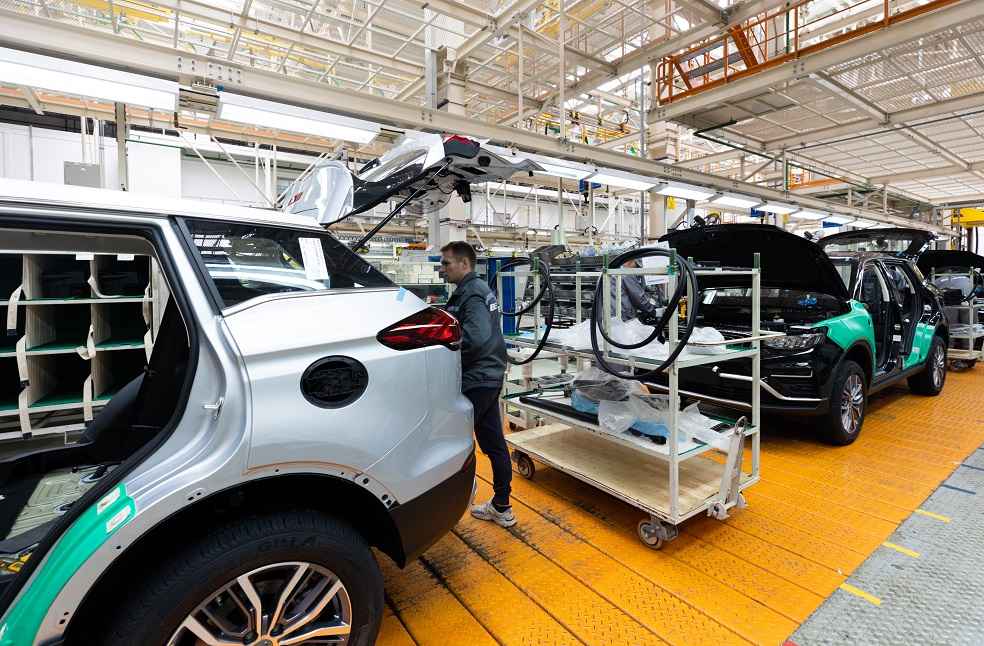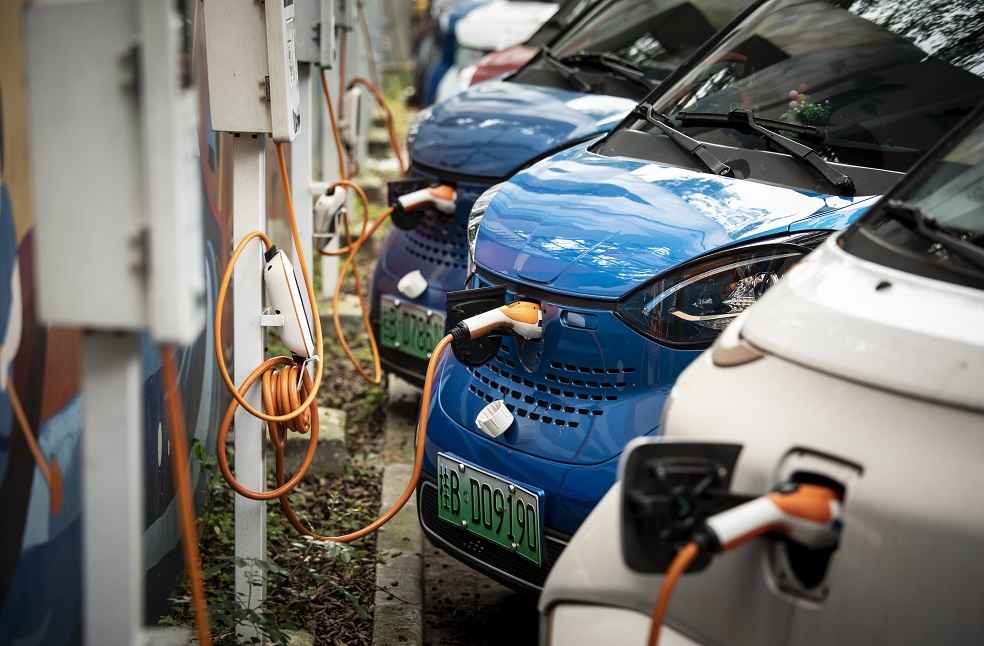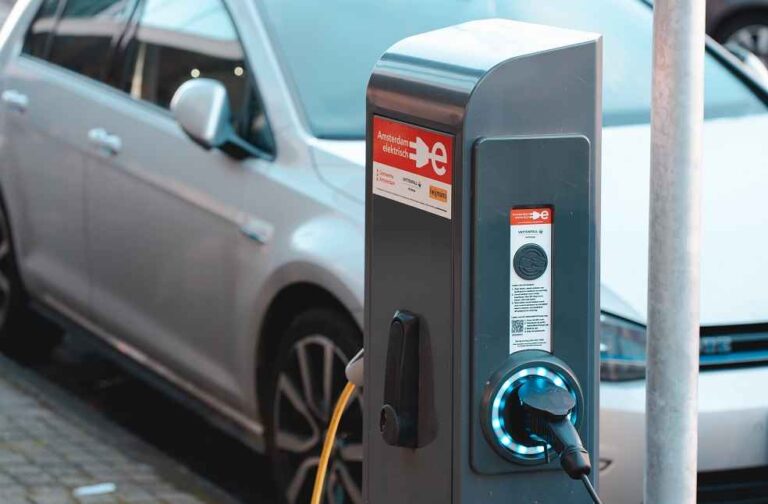China has unveiled plans to strengthen EV industry regulations to tackle unfair pricing and misinformation. As reported by the South China Morning Post, the move intends to promote steady growth and ensure profitability in the industry where only three companies are currently generating profits.
Zheng Bei, the deputy head of the National Development and Reform Commission (NDRC), stated during the China EV 100 forum in Beijing over the weekend that any companies engaging in unfair competition would face consequences if the price reductions were deemed excessive or unjustifiable.
Unfair practices also extend to the dissemination of false information, misleading consumers, and conducting smear campaigns.

The statements came after Cui Dongshu, general secretary of the China Passenger Car Association (CPCA), declared the association had increased its forecast for mainland EV sales by 3.55%, projecting to reach 16.1 million units this year. China, the world’s largest automotive market for electric vehicles accounts for over 60% of total global deliveries.
As per the CPCA, a record-breaking 227 electric and petrol car models experienced price reductions last year, a significant rise from 148 models in 2023. In contrast, only 95 cars were sold at discounted prices in 2022.

The association revealed that the average price of a pure electric vehicle (battery EV) decreased by 24,000 yuan (approximately US$3,352) in December, settling at 225,000 yuan. Cui described the price cut as unprecedented on the mainland. In the same month the NDRC extended a trade-in subsidy to boost EV sales, keeping the incentive amount unchanged to continue supporting carmakers.
Wang Qing, deputy director of the market economy institute at the State Council’s Development Research Centre, emphasized during the forum that the subsidy could potentially increase car sales by 500,000 to 1 million units this year. He also projected that EV deliveries in 2025 could reach 17 million units, surpassing the CPCA’s forecast by 5.6%.
EV WORLD | Foreign Carmakers Boost NEV Investment to Tap Growth in Chinese Market





